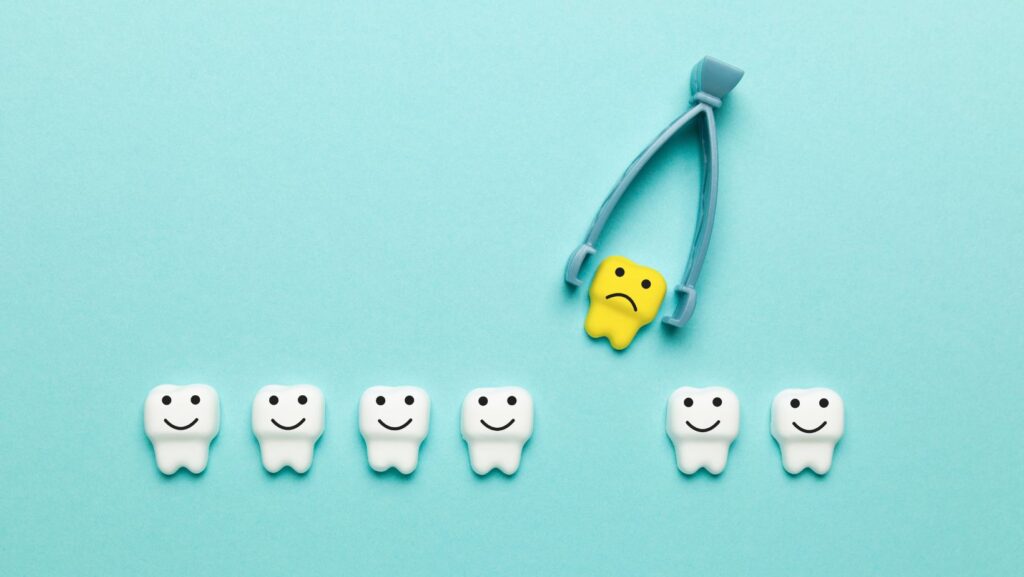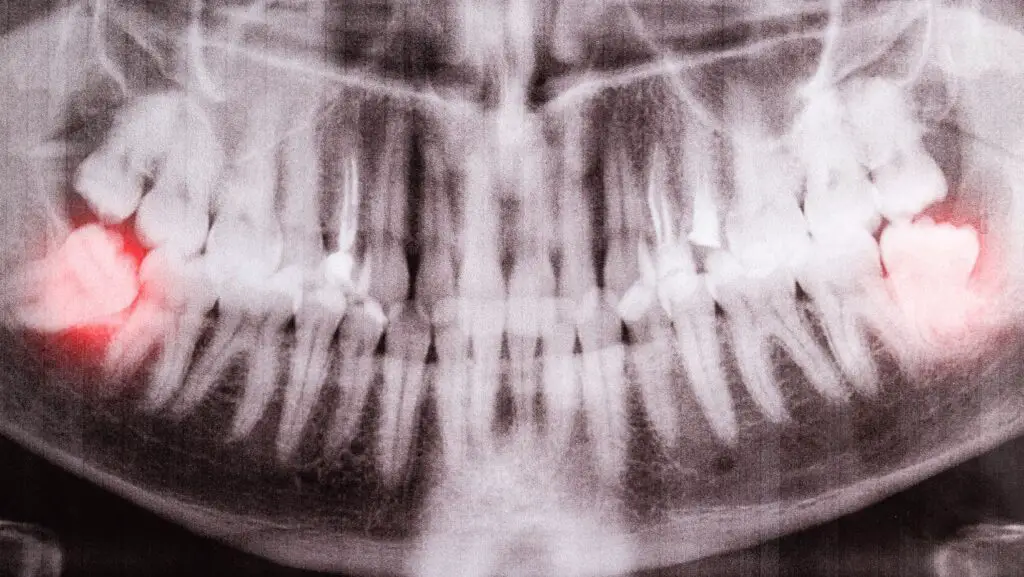
Does Wisdom Teeth Affect Intelligence? Well, The connection between wisdom teeth and intelligence is a topic that has captured curious minds for ages. Individuals often search for answers to Whether Wisdom Teeth are related to real Wisdom. Are these vestigial molars linked with our cognitive abilities? From anecdotal claims to different speculative theories, the impact of wisdom teeth on intelligence is still a question that needs to be answered. However, separating it from fiction and speculation, this query deserves some scientific research.
Join us in this article as we being the journey of exploring the connection between ‘Wisdom Teeth and Intelligence’. The article will shed light on this very curious yet often misunderstood topic. If you are dealing with wisdom tooth pain or have any queries regarding this vestigial molar, make sure you read this article till the end.
Here we begin with uncovering the truth.

Why Are Wisdom Teeth Named So?
Wisdom teeth have got the word ‘Wisdom’ in their name due to their timing of eruption. Wisdom teeth erupt typically during the late teenage years or early adulthood. It is when an individual enters the phase of developed Wisdom and maturity, and that’s how the teeth get their name.
The term “wisdom teeth” translates to ‘dentes sapiential’ in Latin. Wisdom teeth are basically vestigial molars that are named such due to the time they emerge. While an individual develops a whole set of teeth during the first few years of childhood, Wisdom teeth can emerge in the late 20s and early 30s.
As to different cultural beliefs and ancient folklore, there’s an association of wisdom teeth with Wisdom. With time, different cultures and civilizations consider the eruption of wisdom teeth as a milestone of transitioning into adulthood. It is typically the acquisition of Wisdom. However, the association between wisdom teeth and Wisdom is nothing but symbolic. It is no sense to have any scientific basis. The emergence of wisdom teeth is purely a biological process, like any teeth or other bodily functions.
Does Wisdom Teeth Affect Intelligence or IQ?
No, Wisdom teeth don’t have any direct relation with affecting intelligence. There is no scientific evidence to support that Wisdom teeth can affect the brain or intelligence in any possible way. The idea that wisdom teeth could impact humans’ cognitive abilities is nothing but a myth. Wisdom teeth, or the third molars, are simply the last set of teeth in the mouth. Their eruption is a part of the natural biological/ development process, and it can vary in every individual.
Intelligence is a complex trait, and it isn’t impacted but the emergence of any teeth or body part at any stage of life. It is influenced by a combination of individual, social, environmental, and genetic factors only. Intelligence can be determined or impacted by education, upbringing, and experiences, along with brain structure and cognitive abilities. On the other hand, Wisdom teeth are just a part of our dental health, and it has nothing to do with intelligence or brain functionality.
Do I Lose My Wisdom If I Lose My Wisdom Teeth?
No, the loss of wisdom teeth cannot impact someone’s intellectual capabilities. Wisdom teeth aren’t linked with Wisdom on intelligence at all. The name is nothing but descriptive. In fact, Wisdom teeth are often removed due to a range of factors. Overcrowding, impaction, or any chances for dental complications can lead to the removal of Wisdom teeth. However, whenever an individual goes under Wisdom teeth extraction, it doesn’t affect their intelligence, Wisdom, or physical growth in any manner. The loss of Wisdom teeth is nothing but a routine dental procedure.

Does Every Individual Have Wisdom Teeth?
No, the presence of Wisdom Teeth can vary from individual to individual, and not each of them has it. Some individuals can have all four Wisdom teeth at the end of their dental structure (corner of the mouth). At the same time, some individuals may have fewer Wisdom teeth. It is also possible for people to not have any Wisdom teeth throughout their life.
The presence of Wisdom teeth (any or how much) totally depends upon genetics and evolutionary changes. Since evolution, the human jaw has become smaller, and not all individuals develop Wisdom Teeth. And the ones who develop face issues of insufficient space for the proper eruption and alignment of the teeth.
When Do Wisdom Teeth Occur?
Wisdom Teeth, or the Third Molars, emerge during late teenage or adulthood. Typically, in most cases, Wisdom teeth emerge between the age of 17 to 25. However, they can appear early or late as well. The emergence of wisdom teeth can take varying lengths of time. The initial stage, when the teeth give a peak, can take up to months or sometimes even years. When the tooth pushes through the gum tissue, the eruption process actually begins. In some cases, this process takes a few weeks; in others, it can take months.
Are Wisdom Teeth Painful?
Yes, Wisdom teeth can be painful, but not for everybody. While some individuals may experience pain, others may experience discomfort or nothing. The pain associated with Wisdom teeth is typically due to insufficient space in the jaw. It is usually the Impacted Wisdom teeth that cause pain and discomfort. It happens as the emerging teeth start pushing teeth, bone, or gum tissue around. Besides that, partial eruption of wisdom teeth can sometimes cause pain. Other factors, including misalignment, infection or cavities, and gum disease around Wisdom teeth, can cause pain and discomfort.
However, it is important to note that not everyone with Wisdom teeth experiences pain and discomfort. But if you are one of them, it is better to consult with a dental professional to get appropriate recommendations or treatment.
6 Facts About Wisdom Teeth
- Not everyone develops wisdom teeth. Some can have all four, whereas others may have a few.
- The timing of Wisdom teeth emergence can dramatically vary from individual to individual.
- Wisdom teeth haven’t served any purpose for years now. However, in ancient times, when human jaws were larger, and Wisdom teeth were common, they were used to chew a tough diet. But as our diet and jaw structure evolved, Wisdom teeth have nearly lost their purpose.
- According to scientific studies, humans might not get Wisdom teeth at all.
- In Korea, Wisdom Teeth are referred to as Love Teeth.
- Wisdom teeth removal is a common dental procedure often performed under local anesthesia.
Bottom Line…
Overall, no scientific evidence supports the notion that wisdom teeth impact a person’s intelligence. The connection between the two is purely a myth.

Hi, This is Lyn, I suffer from dental sensitivity for a very long time. PowerToothpaste.com is where I share my views of various toothpaste brands, along with tips on how to use toothpaste and what to look for when purchasing.
